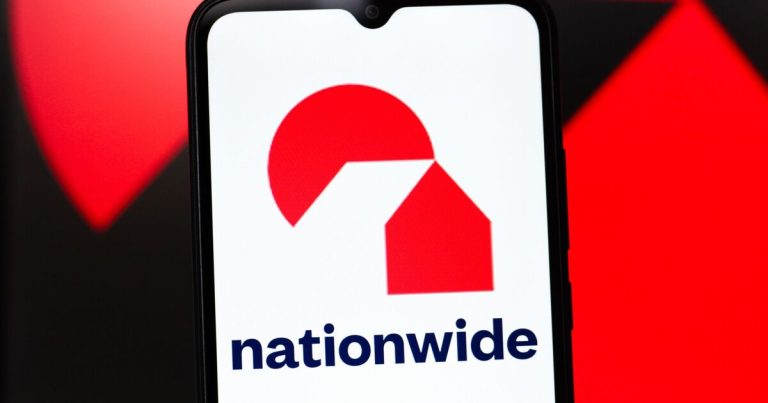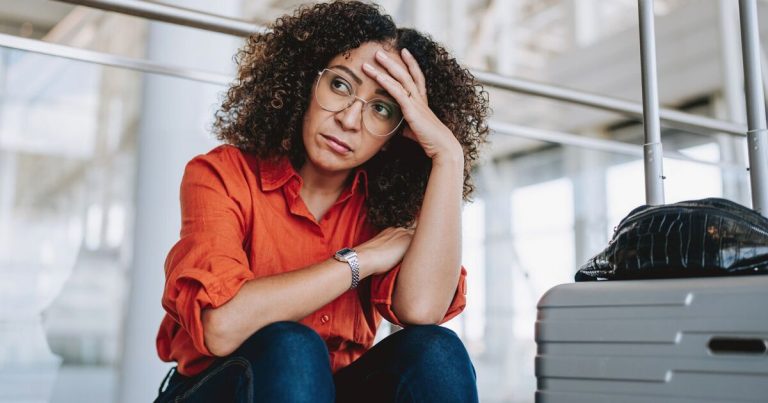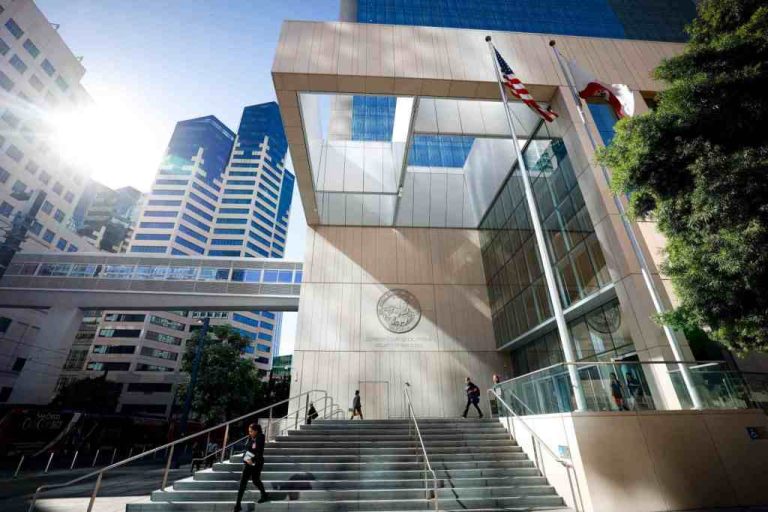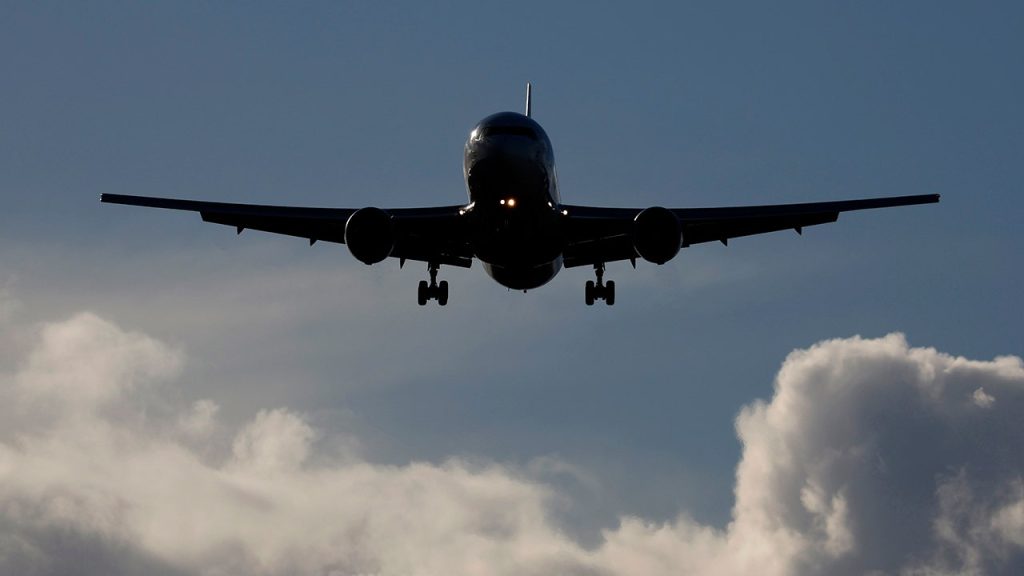
Erin Witte, director of consumer protection for the Consumer Federation of America, explains why a federal court halted the airline junk fee transparency rule.
A rule that would have required the country’s biggest airlines to disclose any service fees – such as extra baggage charges or reservation change fees – was blocked by a federal appellate court, threatening its chances of taking effect.
The Department of Transportation (DOT), which argued that travelers were overpaying for their fares due to the so-called “junk fees,” claimed in a report that the rule would have saved consumers more than $500 million annually. In contrast, the trade group for the country’s largest airlines contended that there was nothing in the department’s findings that proved the rule would help consumers, even saying that it would interfere with airlines’ efforts to meet customer needs.
The United States Court of Appeals for the Fifth Circuit didn’t side with either argument. Instead, it ruled that the DOT “failed to fully comply with the requirements” under the Administrative Procedure Act, which governs the process by which federal agencies develop and issue regulations. The court still upheld the department’s right to impose such rules and instead sent the matter back to the DOT so airlines and others could comment on the cost savings that the department estimated would benefit passengers by making certain fees more transparent.
Under the Biden administration’s rule, airlines would be required to list out any fee associated with purchasing a ticket, otherwise known in the industry as “ancillary fees.” The DOT – then led by Pete Buttigieg – spent years fighting for this rule, claiming that airlines were pocketing billions of dollars from unexpected baggage, seating, change and cancelation fees. During Buttigieg’s tenure, the DOT issued more than $164 million in penalties against airlines for consumer protection violations.
EXPERT PUTS ONUS ON FAA FOR AMERICAN AIRLINES, HELICOPTER CRASH: ‘BAD MANAGEMENT’ IS ‘PUTTING US AT RISK’
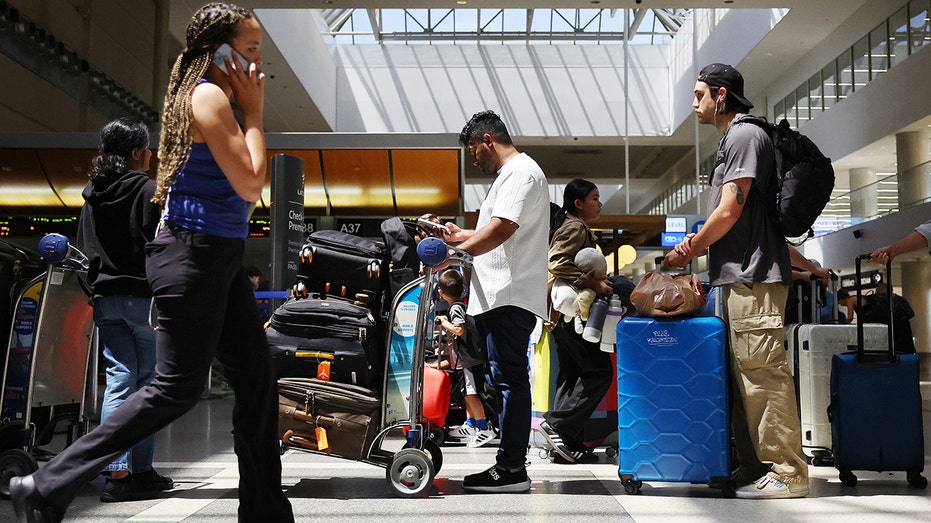
Travelers gather with their luggage in the international terminal at Los Angeles International Airport (LAX) ahead of the July 4th holiday travel period on June 25, 2024, in Los Angeles, California. (Mario Tama/Getty Images / Viral Press)
Airlines for America, the trade group representing major U.S. carriers such as American Airlines, JetBlue and Alaska Airlines, was pleased with the ruling, saying the court recognized that the department “relied on information which the public and airlines were never given an opportunity to evaluate or comment on.”
The group argued that a lawful comment process would have revealed that the rule would “interfere with airlines’ longstanding efforts to meet customers’ needs.” It also said the carriers invest in user-friendly websites and apps that offer transparent pricing and that this “rule embodies regulatory overreach that would confuse consumers who would be inundated with information that would only serve to complicate the buying process.”
Erin Witte, director of Consumer Protection for the Consumer Federation of America, said that this wasn’t a “total win” for the airline industry.
“What they were actually seeking was to completely undo the DOT’s authority to ever issue rules based on unfair and deceptive conduct,” Witte said. “And the Fifth Circuit actually drew the line and said, ‘No, we’re not going to go that far.'”
While the court’s action could end up being the catalyst for killing the rule, she said it’s important to note that the court didn’t permanently block the rule, either.
This means the current administration could implement a similar rule, as long as the department follows the proper procedure. However, Witte isn’t confident that will happen.
Ryan Bourne, an economist at the Cato Institute, told FOX Business that he doubts this matter will be a priority for President Donald Trump, who launched a massive deregulation initiative upon taking office. Bourne isn’t in favor of the move, saying the “rule was always unnecessary red tape.” He also agreed with the airlines that the rule would only confuse passengers.
BUDGET AIRLINE FLIGHT MAKES EMERGENCY STOP AFTER PILOT COLLAPSES: ‘ROUGH AND SCARY’
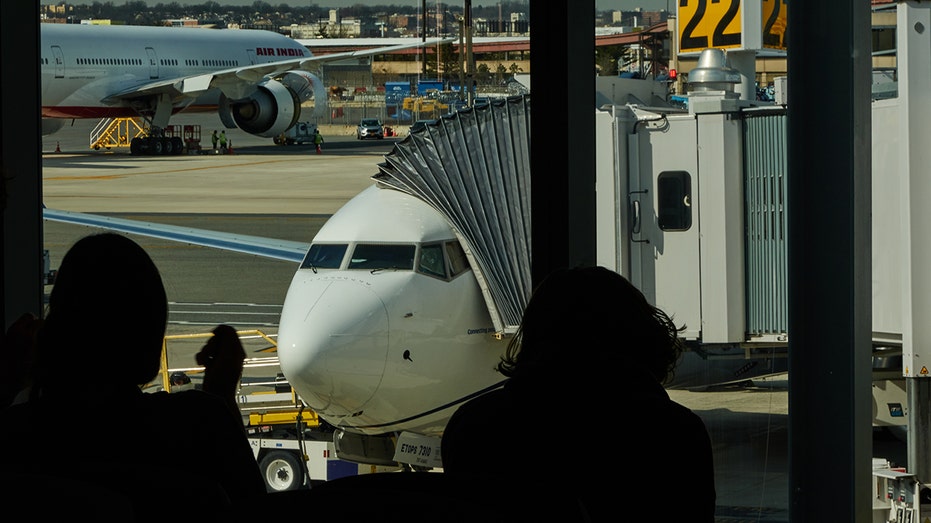
Travelers wait to board a Boeing 737 Max 8 plane operated by United Airlines at Newark Liberty International Airport in Newark, New Jersey, on March 13, 2024. (Bing Guan/Bloomberg via Getty Images / Getty Images)
“Most passengers are sufficiently familiar with booking flights and know you can pay extra fees for services like checking bags or having flights you can cancel anytime,” he said. “To require airlines to state total bundled prices for all these services upfront would be confusing to customers and harm competition by misrepresenting the opportunities for low-cost travel on budget airlines.”
Bill McGee, senior fellow for Aviation at the American Economic Liberties Project, strongly criticized the argument that this would overburden consumers, calling it one of the “weakest” arguments he has ever seen. McGee argued that if airlines can quickly implement fees – sometimes overnight – then they should also be able to inform customers about them.
“There’s sticker shock in the airlines . . . that’s what this is all about,” McGee said. “It’s a really very simple premise. . . . Before you book, you should know your bottom line total price. And the airlines fight tooth and nail against that.”

Passengers and flight attendants aboard a flight from LaGuardia Airport bound for Kansas City International Airport on May 4, 2022, in Queens, New York. (Kent Nishimura / Los Angeles Times via Getty Images / Getty Images)
Witte also questioned the pushback from the airlines, given that the rule didn’t talk about an all-out ban on junk fees, either.
“It didn’t even prohibit airlines from charging them. I think that voters probably would have supported that kind of rule,” she said. “All the rule did was say, tell people, tell them upfront, make it easier for them to figure out how much it will cost for them to fly from A to B and bring a bag.”
GET FOX BUSINESS ON THE GO BY CLICKING HERE
McGee still considers the ruling a “huge victory” as some people were concerned that the “court was going to say the DOT never had the authority to do this in the first place.”


